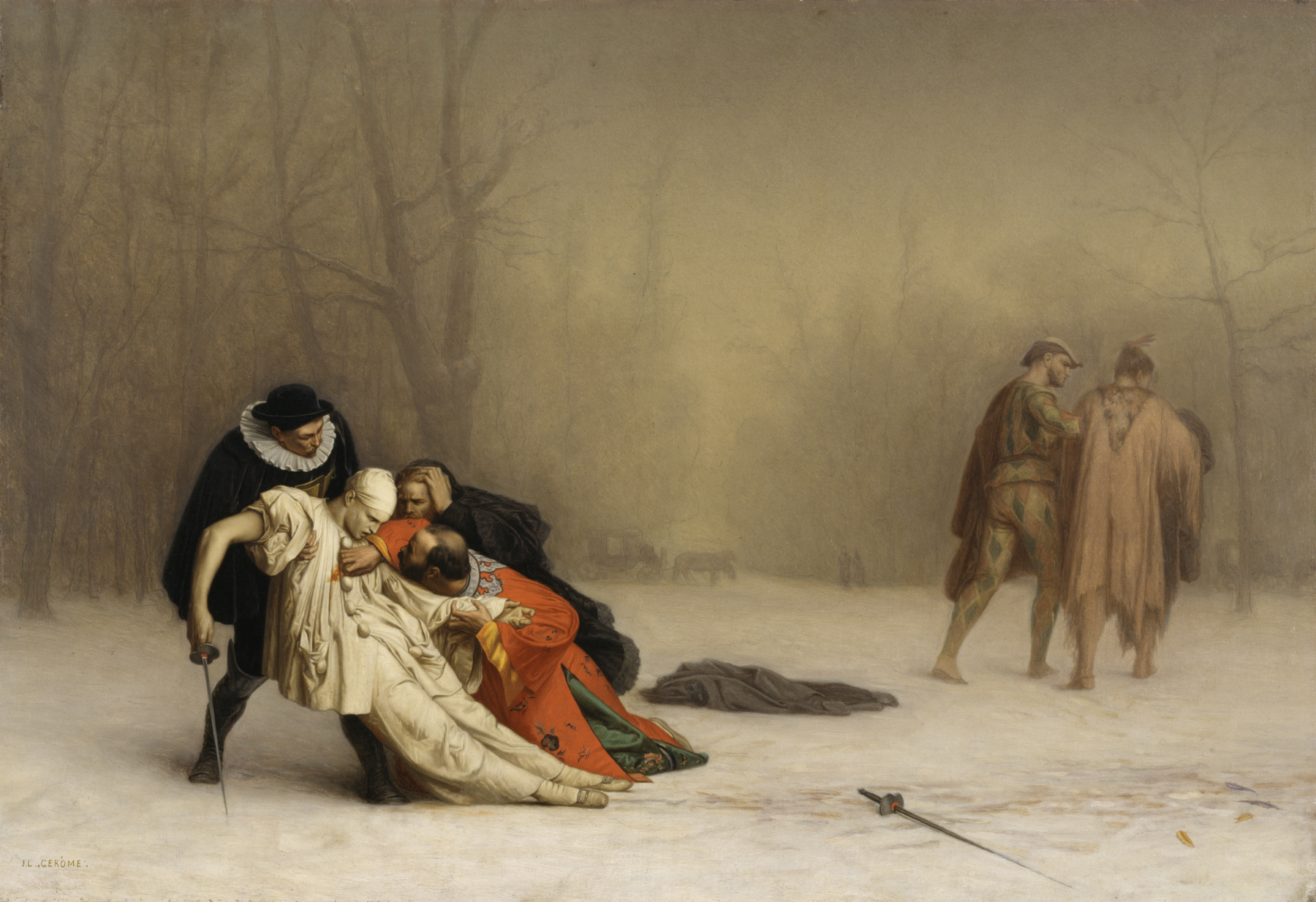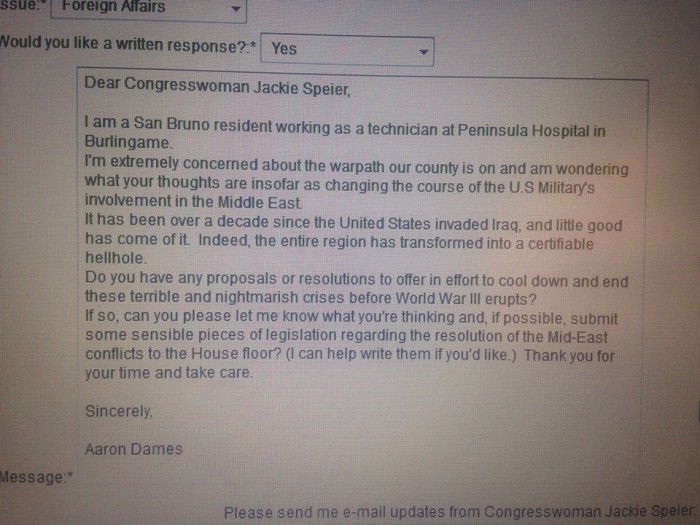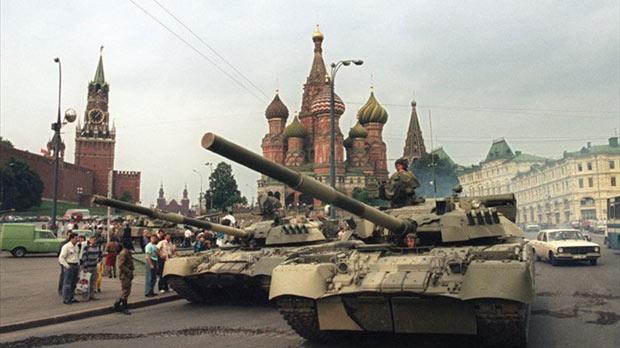A Word on the Paris Massacre
 Saturday, November 14, 2015 at 05:45AM
Saturday, November 14, 2015 at 05:45AM “When I grabbed her, half of her head fell down and her eyes fell on the ground,” he said. He moved into another room where he found the pile of naked, burned corpses. Seven of the bodies belonged to children younger than 15. Four were children younger than 5. Several of the young ones had boot marks on their faces. He speculated that someone threw 2-year-old Palwasha on the fire while the child was still alive. “They were all shot in their heads,” Adin said. “Their brains were still on their pillows.”
-Trial testimony from the 2012 Kandahar Massacre, in which U.S. Army Staff Sgt. Robert Bales went on a predawn rampage and killed sixteen innocent Afghan civilians.
A relevant question that we should be posing in relation to the Paris massacre: would such an atrocity have been carried out in Western Europe absent the massive flood of Muslim refugees? If we were to rewind back to last year, when there was no massive refugee crisis, is it possible that eight men in Europe would have harbored so much hatred in their hearts that they could have done something like this? The answer is yes, such a massacre would have occurred anyway, refugee crisis or not. But why did it happen? For the next few days and years we will hear that it is precisely because of the refugees that this occurred, that there is a direct connection between the killers and the exodus. In the process we will learn to distrust, fear, and hate each other. Borders shall close, martial law shall be imposed, minorities shall be scapegoated, and missiles will be launched. Ultimately, the political and military measures which will unfold in this the great undertaking which follows shall benefit two parties: the terrorists and the military industrial complex. But what are our options as civilized men? After all, we are under attack by poor men whom possess not the highly-expensive advantage of advanced weaponry. This is the thing, the Muslim terrorists and the governments of civilized countries whom vow to quash them despite their hypocritical actions of supporting terrorism are seeking the same thing: the elimination of freedom. To be free means that you have to take risks. To takes risks means that sometimes you have to die. But to die free, as the men and women in Paris did today, is better than living under any police state created as a result of terrorists ambitions. If we bow down and give in, handing over our rights to overseers and thus denying the supposed roots for which we as Americans and Europeans stand for, then we lose, and we give the extremists what they want. But if we stand up and accept the fact that living radically free is a dangerous arrangement (though it would be less dangerous if we were not meddling in affairs and provoking the people of the Middle East for the last 70 years), and we’re willing to take the risk, then we win.
The Duel After the Masquerade, Jean-Léon Gérôme



